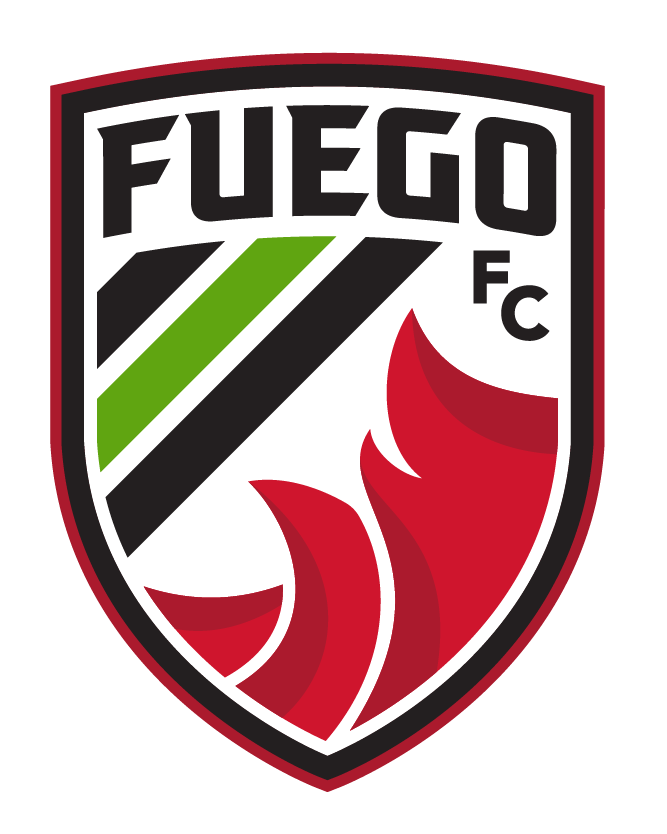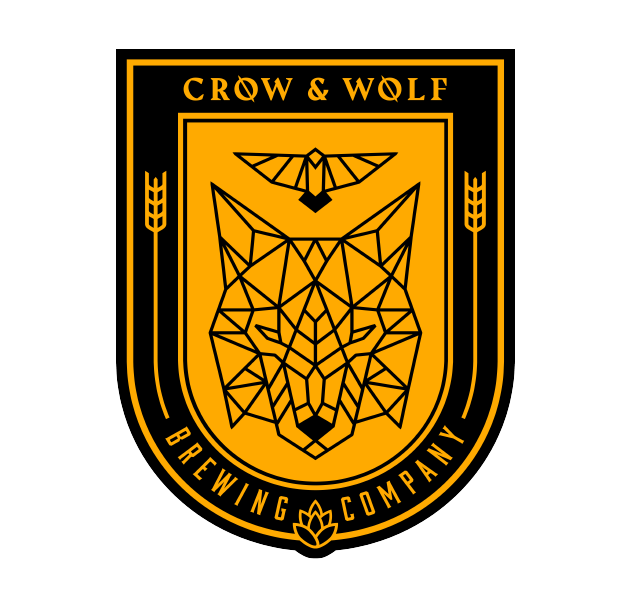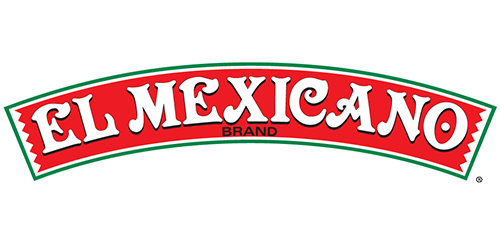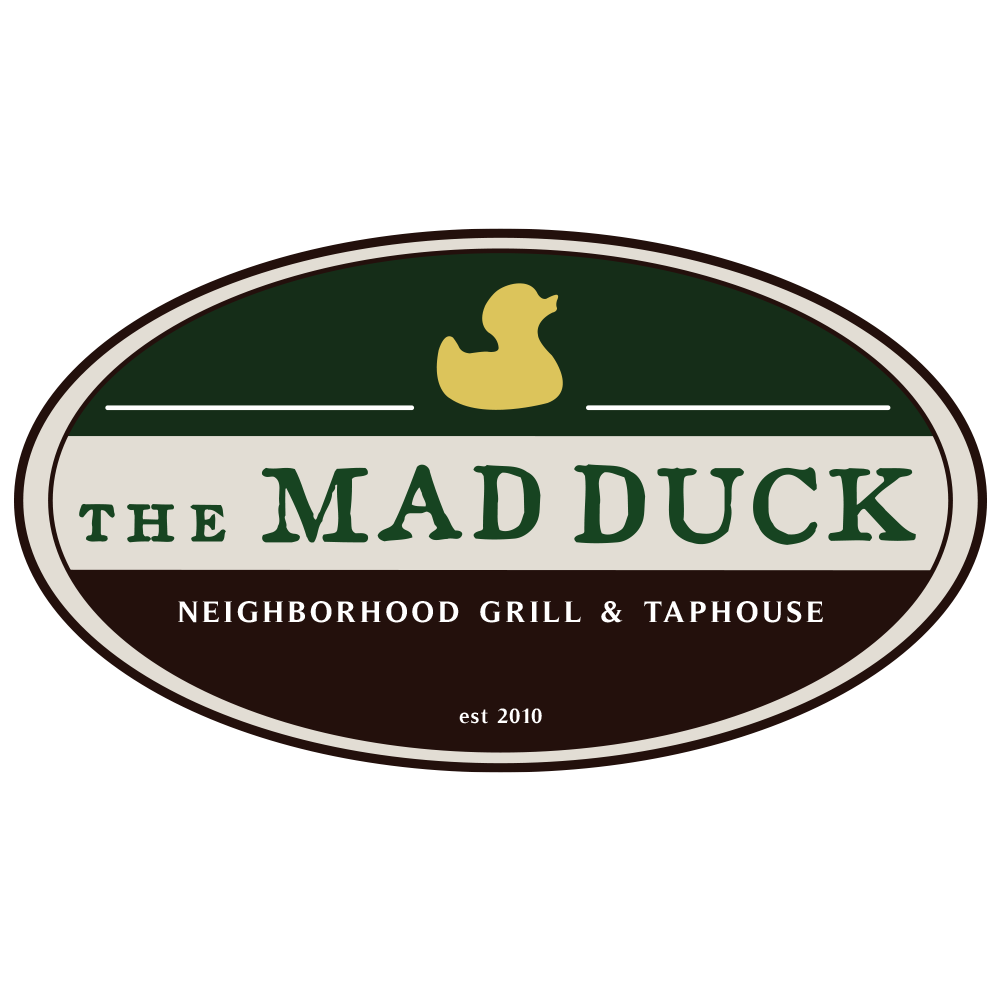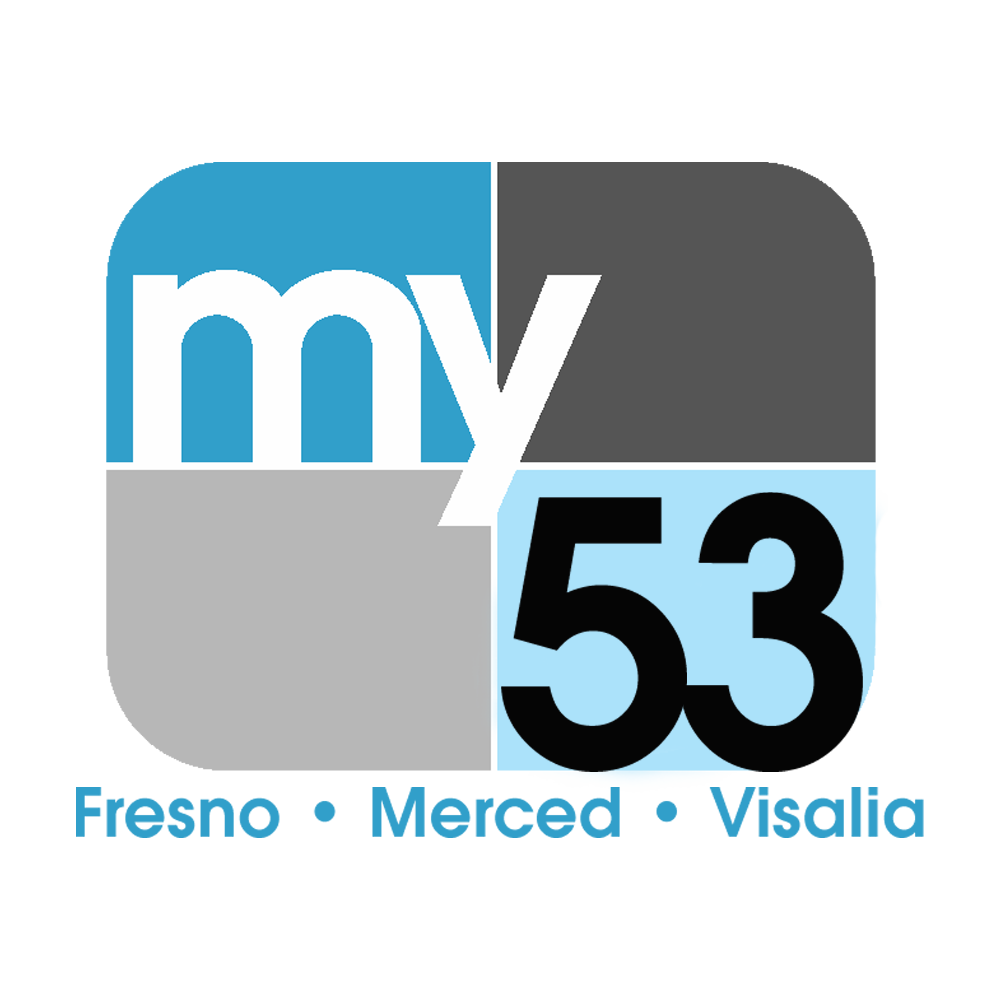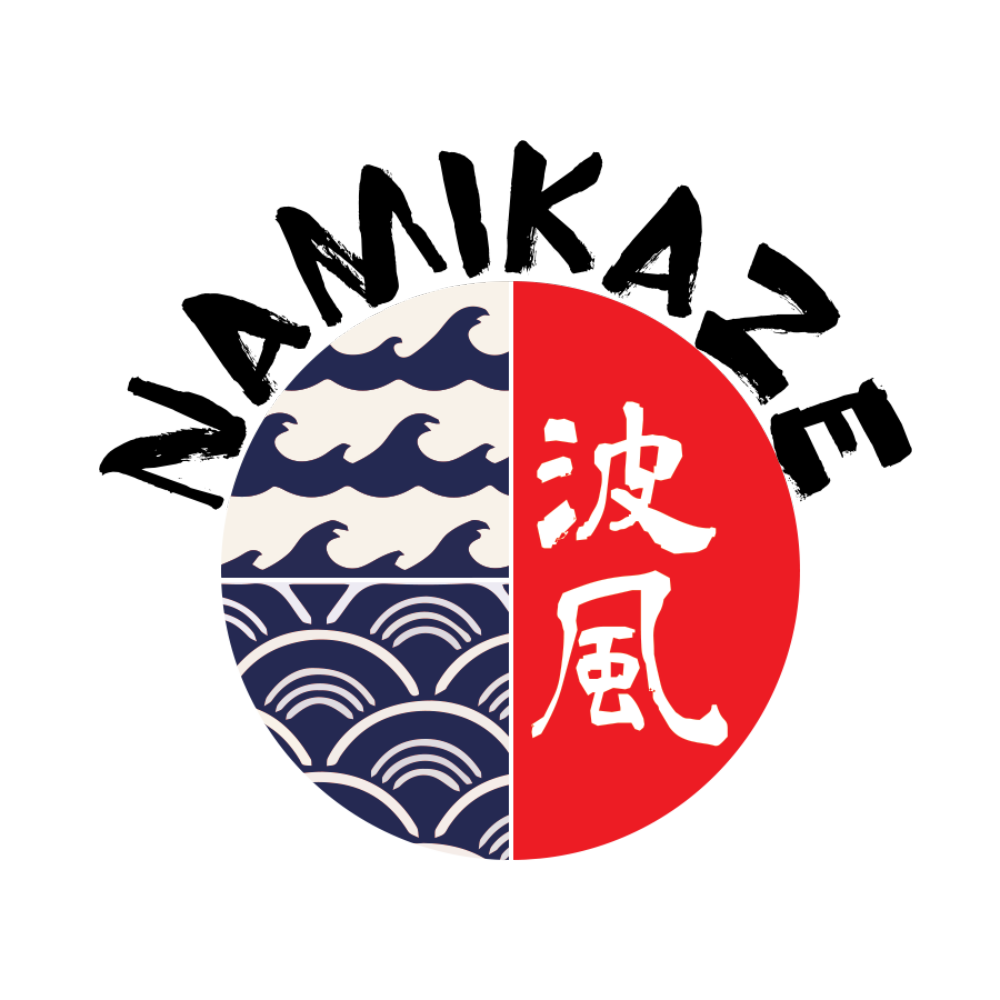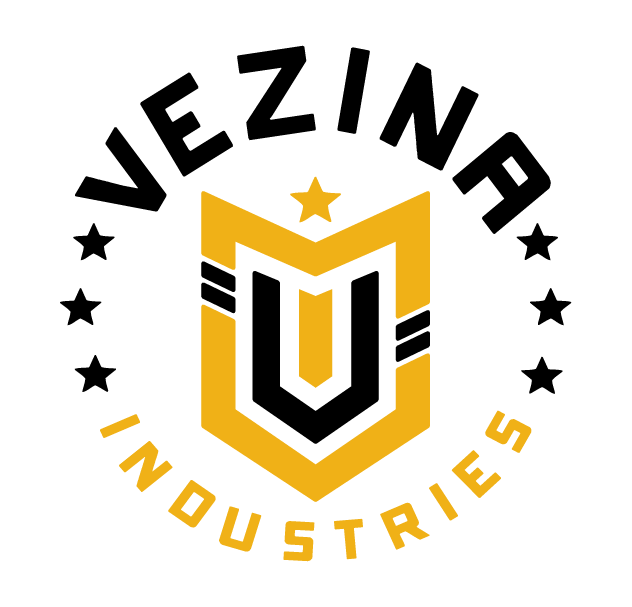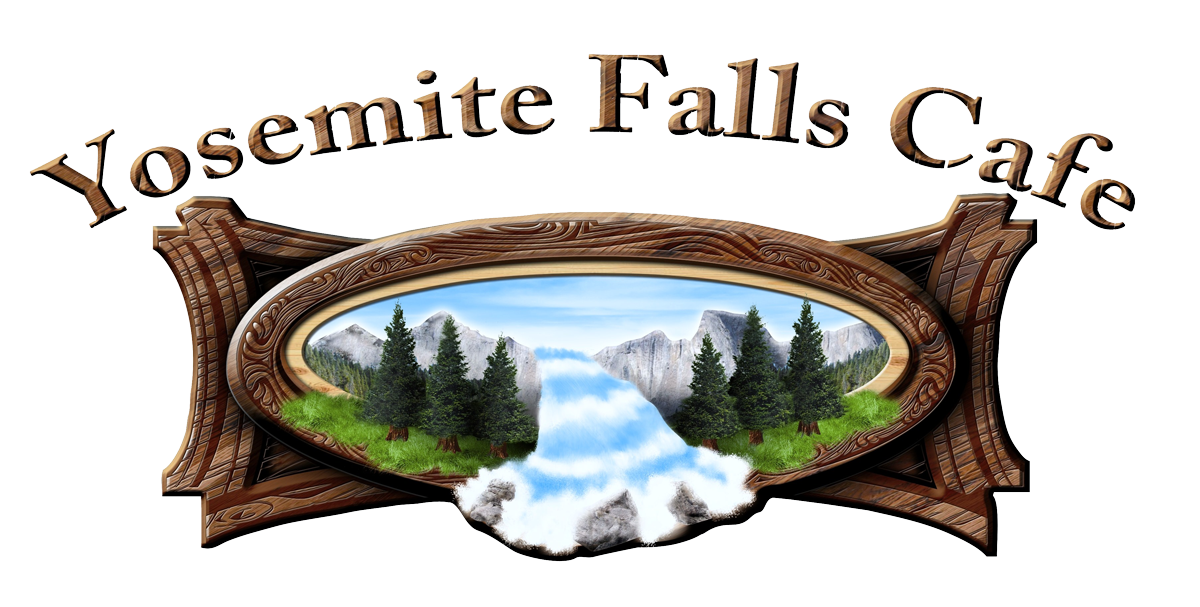WHO IS FUEGO FC?
Born from a passion to see organized fútbol thrive in a region of California where its citizens have a long history and love for the sport. The Central Valley Fuego Fútbol Club is the torchbearer for the flame that burns deep in the heart of every fútbol player, fan, and supporter in the Central Valley.
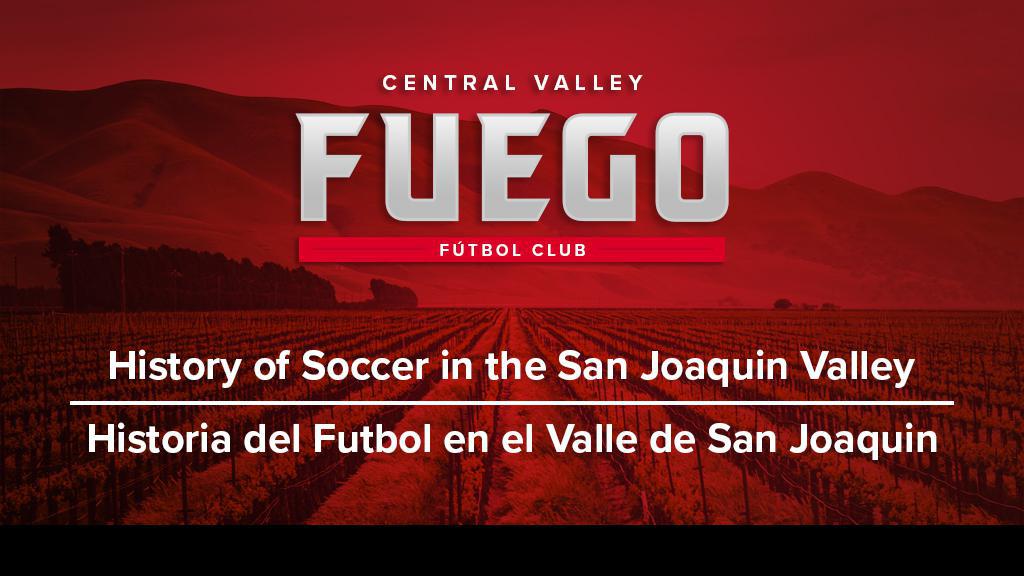
History of Soccer in the San Joaquin Valley October 18, 2020
Birth and development of Fresno Fuego FC
It was the year 1952 and four foreigners arrived at Fresno. They were Edward Baladjanian, Albert Abrahamian, and two others, not identified. In their country of origin, they fell in love with the sport of soccer. During that time, in the Central San Joaquin Valley, fútbol (better known as soccer) was being played, but only at Fresno State College, where the Cosmopolitan Club was formed for international students at the college. Students from various countries played soccer in a non-organized manner. Albert approached them and invited them to play the game in an organized manner, and thus the first soccer club was formed in the area, called “Fresno State College”.
In 1953, there were players that originated from various countries, like Costa Rica, Armenia, India, Hungary, Germany, Mexico, and others. The interest in soccer kept growing, which led to the formation of various teams.
During the years 1955-56 the Central California Soccer League, was formed. Jim Toon was its director.
The league was made up of six teams:
- East Yellow River, Sacramento
- Yellow River, Sacramento
- Libertad, Sacramento
- International, Sacramento
- Holland American, Fresno
- Fresno Soccer Club
During that time, the Central California Soccer League (CCSL) was affiliated to California Soccer Association North, whose president was Mr. Ted Boxer. The time came that there was a need to form a league in Fresno that became known as the San Joaquin Valley Soccer League (SJVSL), affiliated to California Soccer Association North, United States Soccer Federation, and FIFA. The first teams that participated in the SJVSL were:
Fresno Soccer Club (Edward Baladjanian, coach)
Hungarian Soccer Club (Suren Kevorkian, coach)
Olympic Soccer Club (Ludwig Kuest, coach)
Holland American Soccer Club (Jack Van Bindsbergen, coach)
Mr. Toon became the first president of the San Joaquin Valley Soccer League [SJVSL]. During the space of two years, the league was played by these four teams.
In 1960, Mr. Kevorkian leaves Hungarian Soccer Club and helps to form Mexico Soccer Club. Members of this team were, Ramiro Casillas, Javier Romero, Abraham Lozano, to name a few.
Mr. Kevorkian trained Mexico SC for one year, and the club was taken over by Mr. Manuel Prieto, who led the team for another four years.
Of the original teams, several disbanded and others changed names. But the team that lasted for more than fifty years, was Mexico Soccer Club.
During the years 1964-1970, nine teams formed the SJVSL, including Tulare Angrense. During the decade of the 70s another 18 teams. Joined the SJVSL, including Ararat SC. During the 80s another 32 teams joined the league. During that time the SJVSL had four divisions: Premier League, First Division, Second Division, and Third Division.
During the various years of competition of Mexico SC, it must be mentioned that individuals of high relevance were participants in the development of this club. Santiago Guevara served as its coach, and Javier Garcia was one of its first outstanding goalkeepers. Alfredo Guzman, who eventually became the General Manager of Fresno Fuego FC, led Mexico SC to several championship seasons as player and coach. Ramon Mendoza, who formed and directed, with great precision, the U-17 Mexico SC Youth program. From this youth team, several players ended up joining Fresno Fuego FC. Other notables that contributed to the success of Mexico SC were Jose Gonzalez, Jose “Capi” Delgadillo, who was named “Defender of the Year” during Fuego FC’s inaugural season. It’s important to mention the significant contributions of the fans and various support groups that have followed soccer in the San Joaquin Valley.
We mentioned earlier that Mexico SC was the club with the longest standing in the SJVSL and perhaps the club with the most success and greatest contribution in the sport, tradition. This is mentioned with a sense of measure and respect to the other wonderful and successful teams that have been a part of the SJVSL.
If we have focused attention on Mexico SC, it is because it was from its player base that the first semi-pro team was formed, in the San Joaquin Valley, with an excellent focus on playing soccer at the top level in the country, Fresno Fuego FC.
Mexico SC played for several years in the top categories, earning several league championships. At the national level, it competed in State Cup, Regional and National tournaments, achieving its maximum success in the summer of 2000, by winning the National Amateur Cup in Philadelphia. The team maintained a top level of performance, until 2003 when Fresno Fuego FC was formed. Several of the players from Mexico FC were selected to the Fresno Fuego FC roster. From that point on, Mexico SC did not have the same level of play in the local league and in 2006 decided not to participate in the local league.
In 2002 Fresno Fuego was created. Thanks to the vision and financial support of Francisco and Tony Alvarez, Jaime Marquez, and Jaime Marquez Jr., this group purchased the franchise rights to the Central Coast Roadrunners, from the United Soccer Leagues (USL) and joined the Premier Development League (PDL). The team debuted in the 2003 season.
Francisco Alvarez also played in the goalkeeper position in its inaugural season. He displayed great quality and level, after having gained experience in Mexico’s first division, playing for Toros Neza.
A huge debt of gratitude to these gentlemen for their dedication, arduous work, passion, and commitment to our community.
Definitely a special and select group.
The first Technical Director (Coach) of Fresno Fuego, was Jaime Ramirez, who also was concurrently coaching Fresno Pacific University’s men’s soccer team. Jaime also played in the SJVSL for the following teams: Ararat SC, International SC, Mexico SC, Oro SC, and San Marcos SC. Upon graduating from, then Fresno Pacific College, Jaime played for the Los Angeles Aztecs of the North American Soccer League.
Excellent results did not wait for Fresno Fuego, under Ramirez’s leadership. Ramirez had experience and had demonstrated to be a successful Technical Director at the university level.
Fresno Fuego started playing its games at San Joaquin Memorial High School stadium. Its first match was a win against Nevada Wonders by a 4-1 margin.
In this first year, the team qualified for the US Open Cup, reaching the National Round of 16. Victories against Chico Rooks (1-0), Utah Blitz, third division professional team (4-0), and El Paso Patriots of the USL Second Division Professional (5-2), were the most impressive victories seen up to that time, in the Central Valley. With this victory against El Paso, Fresno Fuego secured a match against The Los Angeles Galaxy, of Major League Soccer, at the Home Depot Center, home to the Galaxy. This was the fourth round of the US Open Cup. After an early 1-0, Fuego succumbed to the professional style of play of the Galaxy and eventually lost the match 1-3. More than 3,000 spectators followed Fuego FC to Los Angeles in support of Fresno Fuego FC.
It’s important to note that during the Fuego’s presence in the Valley, they were the first team to play an official match at the Home Depot Center, home of the LA Galaxy; First team to play against MLS teams in LA Galaxy, Chivas USA, Real Salt Lake, Deportivo Alaves of La Liga (Spain First Division), and the Armenian National Team.
In 2003 the team earned Executive of the Year honors in Alfredo Guzman. An honor given to one of 63 franchises. Also, in 2006 the award of Franchise of the Year was given to Fresno Fuego FC under the General Manager leadership of Alfredo Guzman. Both awards were given by The United Soccer Leagues.
It’s important to note that Fresno Fuego has contributed to the forming of young men that have been significant and influential contributors to our society. This is a brief list of Fuego players that reached professional status:
Orlando Ramirez, Fresno Pacific University: San Jose Earthquakes, MLS
Milton Blanco, Fresno Pacific University: Chivas USA, MLS
Pablo Campos, Fresno Pacific University: San Jose Earthquakes, Real Salt Lake (MLS Cup Champions)
Gaston Cignetti, Fresno Pacific University: Rochester Rhinos, A League
Amaury Nunes, Fresno Pacific University: Charlotte Eagles, USL Second Division
Nehemias Blanco, Fresno Pacific University: Firpo, El Salvador, First Division
Christian Chaney, Fresno City College: Ararat of Armenia, Fresno FC
Elliot Hord, UC Davis: Sacramento Republic FC
Renato Bustamante, Fresno Pacific University: Fresno FC
Diego Casillas, Taft Community College, CSU San Bernardino: Fresno FC, Oakland Roots
Elijah Martin: US U-17 National Team, Fresno FC, San Diego Loyal SC
Anthony Velarde, Fresno Pacific University: Pittsburgh Riverhounds SC
To name a few.
The Fuego experience has served as a platform to send players to the next level. Many of them have moved on to various community service jobs such as teaching, business, sports medicine, coaching, club directors, college coaches, just to name a few.
It is the goal of Fuego FC to provide opportunities for young men and women to grow into professionals; become exemplary citizens; contribute to the betterment of their communities, and share their experiences with future generations of young boys and girls.
HISTORIA DEL FÚTBOL EN EL VALLE DE SAN JOAQUÍN
NACIMIENTO Y FORMACIÓN DEL FRESNO FUEGO FC
Durante el año de 1952, cuatro extranjeros arribaron a Fresno CA; ellos fueron los señores Edward Baladajanian, Albert Abrahamian y dos más no identificados, en su país de origen ellos jugaron y fueron amantes del fútbol. Durante ese tiempo, en el Valle Central se jugaba el fútbol (mejor conocido por “soccer”) solamente en Fresno State College donde existía el Cosmopolitan Club donde jugaban varios estudiantes de diferentes paises. Albert se acercó a ellos para invitarlos a jugar de manera organizada y así se formó el primer club de fútbol en el área, llamado “Fresno State College”.
En 1953, habian jugadores originarios de varios paÍses, tales como Costa Rica, Armenia, India, Hungría, Alemania y México entre otros. El interés por el fútbol fue incrementando y de esa manera la formación de varios equipos se llevó a cabo.
En los años 1955-1956 se formó la “Central California Soccer League” (CCSL) dirigida por el señor Jim Toon, compuesta por 6 equipos:
- East Yellow River de Sacramento
- Yellow River de Sacramento
- Libertad de Sacramento
- International de Sacramento
- Holland American de Fresno
- Fresno Soccer Club
En ese tiempo, la Central California Soccer League (CCSL) estaba afiliada a la “California Soccer Association North” (CSAN) cuyo president era el Sr. Ted Boxer. En su momento, se vió la necesidad de formar una liga en Fresno nombrada “San Joaquin Valley Soccer League” (SJVSL) afiliada a CSAN, USSF y FIFA. Los primeros equipos participantes fueron:
Fresno Soccer Club (Edward Baladjanian, entrenador)
Hungarian Soccer Club (Suren Kevorkian, entrenador)
Olympic Soccer Club (Ludwig Kuest, entrenador)
Holland American Soccer Club (Jack Van Bindsbergen, entrenador)
El Sr. Toon fue el primer president de SJVSL. Por espacio de dos años la liga se jugó con los cuatro equipos mencionados.
En el año 1960, el Sr. Kevorkian se retira del equipo Hungaro y ayuda a formar el “México Soccer Club” que integraron en sus filas a jugadores mexicanos tales como Ramiro Casillas, Javier Romero, Abrahám Lozano, los hermanos Salvador, Lalo y Kiko Nuño, entre muchos otros.
El Sr. Kevorkian entrenó al México SC por un año que después quedó en manos del Sr. Manuel Prieto quien dirigió por otros cuatro años.
De los equipos originales, varios desaparecieron y otros cambiaron de nombre, pero el equipo que prevaleció por más de 50 años fue el México SC.
Durante los años 1964-1970, 9 equipos conformaron la liga incluyendo al Tulare Angrense; en la decada de los 70’s otros 18 equipos se integraron incluyendo al Ararat Soccer Club; en los 80’s otros 32 equipos se integraron. Para ese tiempo la SJVSL se conformaba de cuatro divisiones: Primera Especial, Primera, Segunda y Tercera (un total de 59 equipos fueron parte de SJVSL). ó
Asi mismo, en la década de los 80’s se form la Liga Femenil comandada por Don Trino Figueroa.
Durante varios años de competencia del México SC debemos mencionar la participación como jugadores y dirigentes de mucha relevancia a los señores Santiago Guevara que también tuvo parte de la mesa directiva de la SJVSL; Javier García quien fue un portero de gran calidad y muy buen dirigente; Alfredo Guzmán que eventualmente llegó a ser el Gerente General del Fuego; Ramón Mendoza que formó y dirigió con gran tino y pasión al México SC de menores de 17 años y al México SC de la liga mayor, del equipo de menores de 17 se formaron varios jugadores quellegaron a ser parte del Fresno Fuego SC, otros dirigentes fueron: José González de gran aportación y apoyo financiero, José Mejia de gran talento y experiencia; José “Capi” Delgadillo que llegó a ser uno de los mejores defensas del Fuego; y gracias a los seguidores y “porra” que apoyaron de muchas maneras al equipo y muchos otros más que hicieron historia y fueron base del desarrollo del fútbol en el Valle Central. A todos ellos, mil gracias.
Mencionamos anteriormente que el México SC fué el Club más longevo y quizás el de más éxito, con mayor aportación al deporte y tradición, mencionamos ésto con toda medida mesurada y respeto al resto de los equipos que han formado la SJVSL.
México SC jugó durante varios años en las categoría mayores logrando varios campeonatos locales. A nivel nacional compitió en copas Estatales, Regionales y Nacionales, logrando el Campeonato Nacional Amateur en el año 2000 en Philadelphia. Se mantuvo el grupo en gran nivel hasta el 2003 cuando se formó el Fresno Fuego FC. La mayoría de los jugadores del México SC fueron reclutados para formar parte del Fuego FC, de ahí que el México ya no tuvo el mismo nivel de fútbol de antes y continuó jugando en ligas locales hasta desaparecer lastimosamente en el año 2006.
Si nos hemos enfocado en el México SC, es porque de allí nació el primer equipo semi-profesional en el Valle Central, el Fresno Fuego FC.
En el Otoño del año 2002 se creó el Fresno Fuego FC estableciendo excelencia desde el principio lo que llegó a crear una gran tradición. El Fresno Fuego debutó en la PDL (Premier Development League) en el año 2003 al obtener los derechos de franquicia de Central Coast Roadrunners de San Luis Obispo, gracias a la visión y apoyo financiero de los hermanos Francisco y Antonio Álvarez, Jaime Márquez Sr. y Jaime Márquez Jr.
Francisco Álvarez también jugó como portero del Fresno Fuego FC, de gran calidad y experiencia ya que jugó a nivel profesional en la liga de México con el equipo Toros Neza.
Gracias a estos señores por la dedicación, trabajo arduo, pasión y compromiso con el equipo y la comunidad.
Definitivamente un grupo selecto.
El primer Director Técnico del Fresno Fuego FC fue el Profesor Jaime Ramírez, que también fungía como entrenador en Fresno Pacific University. Jaime también jugó con el Ararat SC, Oro SC, Internacional SC, México SC, San Marcos SC, a nivel amateur. Despues de graduarse del entonces Fresno Pacific College Jaime jugó también
con Los Aztecas de Los Ángeles de la North American Soccer League a nivel profesional, siendo un extraordinario jugador de gran calidad.
Los buenos resultados no se hicieron esperar bajo su dirección ya que Jaime Ramírez tenía experiencia y ya había demostrado ser un extraordinario Técnico a nivel Universitario.
Fresno Fuego FC inició jugando en el estadio de San Joaquin Memorial HS con una impresionante goleada de 4-1 sobre Nevada Wonders. En este primer año, calificaron para la US Open Cup llegando hasta la cuarta ronda venciendo a Chico Rooks (1-0) en Fresno, Utah Blitz(4-0) en Fresno y El Paso Patriots de la USL segunda division en El Paso TX. La victoria sobre El Paso Patriots por 5-2 ha sido lo más impresionante que se haya visto a este nivel, con ésta Victoria el Fuego aseguró un encuentro con LA Galaxy en el Home Depot Center en la cuarta ronda de la US Open Cup, perdiendo eventualmente por 3-1. Más de 3,000 aficionados viajaron de Fresno a Los Ángeles para apoyar al Fresno Fuego FC.
Cabe señalar que durante la vigencia del Fresno Fuego FC y gracias a su popularidad y reputación, el Fuego fue el primer equipo amateur en jugar en el Home Depot Center casa del LA Galaxy; primer equipo en jugar contra equipos de la MLS: LA Galaxy, Chivas USA, Real Salt Lake; Deportivo Alaves de La Liga Española en Fresno Pacific College y contra la Selección Nacional de Armenia en Chuckchansi Park.
En el año 2003 se obtuvo el premio al “Ejecutivo del Año” otorgado al entonces Gerente General Alfredo Guzmán, de entre 63 franquicias a nivel nacional, también en el año 2006 se obtuvo el galardón de “Organization of the Year” (Organización del Año) también bajo el mando del Gerente General en ese tiempo, Alfredo Guzmán. Ambos reconocimentos fueron otorgados por la United Soccer Leagues (USL).
En resumen, el Fresno Fuego FC aportó al Valle Central, fútbol de calidad, espectáculo, respeto al deporte, muchÍsima pasión y compromiso con la comunidad.
Es importante hacer notar que el Fresno Fuego FC ha contribuido a la formacion de jovenes quienes han llegado a ser una influencia positiva en nuestra sociedad.
Esta es una corta lista de jugadores del Fuego quienes han llegado al profesionalismo:
Orlando Ramirez, Fresno Pacific University: San Jose Earthquakes, MLS
Milton Blanco, Fresno Pacific University: Chivas USA, MLS
Pablo Campos, Fresno Pacific University: San Jose Earthquakes, Real Salt Lake (MLS Cup Champions)
Gaston Cignetti, Fresno Pacific University: Rochester Rhinos, A League
Amaury Nunes, Fresno Pacific University: Charlotte Eagles, USL Second Division
Nehemias Blanco, Fresno Pacific University: Firpo, El Salvador, First Division
Christian Chaney, Fresno City College: Ararat of Armenia, Fresno FC
Elliot Hord, UC Davis: Sacramento Republic
Renato Bustamante, Fresno Pacific University: Fresno FC
Diego Casillas, Taft Community College, CSU San Bernardino: Fresno FC, Oakland Roots
Elijah Martin: US U-17 National Team, Fresno FC, San Diego Loyal SC
Anthony Velarde, Fresno Pacific University: Pittsburg Riverhounds
Logros por año:
USL PDL Southwest Division-Campeones (5): 2003, 2004, 2007, 2011, 2013
USL PDL Western Conference-Campeones: 2007
USL PDL Central Pacific Division-Campeones: 2016
USL PDL Campeones de Temporada Regular: 2011
La experiencia con el Fuego ha servido como plataforma para enviar jugadores al siguiente nivel. Muchos de ellos han obtenido trabajos al nivel de Servicio Publico tales como Profesores, Administracion de Empresas, Medicina Deportiva, Directores Tecnicos/Entrenadores, Directores de Clubes Deportivos, Entrenadores Universitarios, entre otros.
Ha sido la meta del Fresno Fuego FC la de proveer oportunidades para mujeres y hombres para un crecimiento personal profesional, para la mejora en todos los niveles de nuestra comunidad, convertirse en ciudaddanos ejemplares asi, compartir su experiencia con las futuras generaciones de jovenes, mujeres y hombres.
Queremos agradecer a todas aquellas personas que hicieron posible el éxito rotundo de esta organización por su dedicación y paciencia, por su cariño al deporte y por su pasión en donde la mejor recompensa fue ver al equipo ganar, dar espectáculo y ver al gran público disfrutar y sentirse orgulloso de su Fuego.
Pasión, Compromiso y Servicio a la Comunidad es nuestro eslogan.



















































































































































































































































